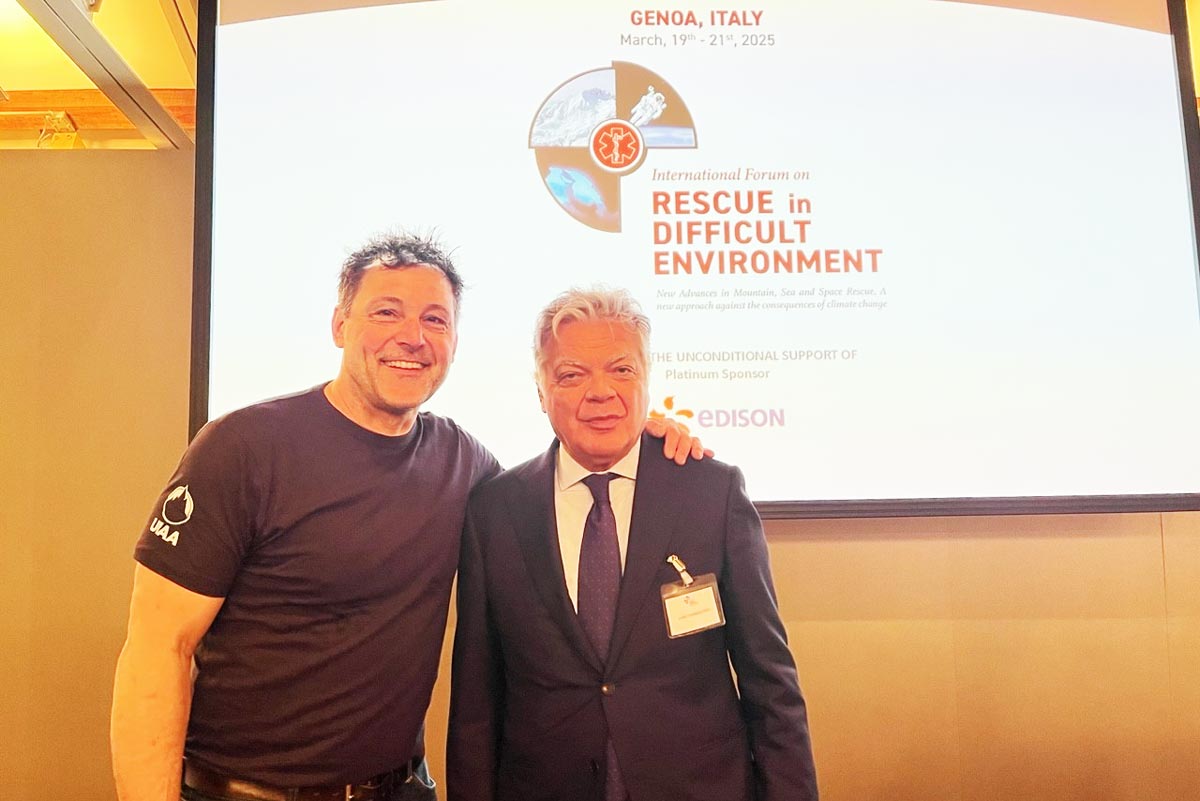The use of supplemental oxygen will be removed from the WADA (World Anti-Doping Agency) list of prohibited methods as of January 1, 2010. It was also made known at a high-level meeting in Madrid in mid-September that the UIAA is fully compliant with WADA rules.
The draft of WADA’s 2010 Prohibited List was discussed at the meeting of CAHAMA, the Ad hoc European Committee for the World Anti-Doping Agency. The WADA Executive approved the list at a meeting on September 19.
According to the 2010 Prohibited List draft, supplemental oxygen is excluded from the banned means of “artificially enhancing the uptake, transport or delivery of oxygen…”.
Efforts by the UIAA and its Anti-Doping Commission to combat abuse have also been recognised by WADA. The UIAA is one of 24 International Federations that is equally compliant with WADA rules as well as Out of Competition Testing regulations.
“From the beginning of 2009 the UIAA has organised doping controls at every Ice Climbing competition, as well as Out of Competition Testing for the first time. All tests have been doping negative,” said Nenad Dikic, president of the UIAA Anti-Doping Commission.
The UIAA is also making good progress implementing the Anti-Doping Administration and Management System (ADAMS). ADAMS is a mechanism designed by WADA to help stakeholders implement the anti-doping code.
ADAMS has four primary functions addressing the key activities of anti-doping operations: Athlete Whereabouts, Information Clearing House, Doping Control Platform and TUE Management.
“In 2010 the UIAA Anti-doping Commission will start with an education programme and begin scientific research,” Dikic said.
Françoise Dagouret of SportAccord, the agency representing International Federations, says the UIAA is “well advanced” with ADAMS. Dagouret is responsible for a new SportAccord service assisting members to become compliant with the code.


